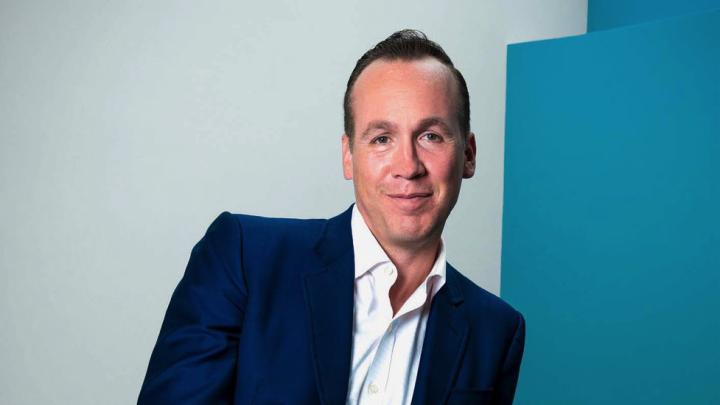When government professor Ryan Enos was growing up, gifts always came wrapped in a map. His father was a navigator for the U.S. Air Force, who used a sextant and paper map to help him fly around the world. “Subconsciously, I think this fascination with maps filtered into me,” Enos says. As a political scientist, he studies “social geography,” or the way that different racial or ethnic groups are organized in space (intermingled, segregated, or completely removed from one another), and how that affects politics. After graduating from Berkeley in 2001, Enos taught with Teach For America on the South Side of Chicago, a city that “in many ways was defined by segregation,” he says. “Segregation was this overwhelming experience in my kids’ lives.” It felt dramatically different from his hometown of Merced, California, “an incredibly diverse place, where you had this big influx of immigrants from Southeast Asia and Latin America.” Enos was struck by that contrast. How do such different social environments come to be, and how do they shape what people think about themselves and each other? When he started graduate school at UCLA, he thought he would study institutional politics: things like why Congress does what it does. But when it came time to begin serious research, he realized his real interest was the intersection of geography and race. His timing was auspicious: his career has coincided with a renewed interest in race in political science. Newly tenured, Enos says, “All of a sudden I’ve got my whole future ahead of me….How does that change what I work on? I’m still sorting that out.” And though he’s finally switched to GPS, he still keeps giant stashes of old maps, to wrap gifts for his students.
Ryan Enos

Ryan EnosPhotograph by Stu Rosner
You might also like
Talking About Tipping Points
Developing response capability for a climate emergency
Academia’s Absence from Homelessness
“The lack of dedicated research funding in this area is a major, major problem.”
The Enterprise Research Campus, Part Two
Tishman Speyer signals readiness to pursue approval for second phase of commercial development.
Most popular
More to explore
What is the Best Breakfast and Lunch in Harvard Square?
The cafés and restaurants of Harvard Square sure to impress for breakfast and lunch.
How Homelessness is a Public Health Crisis
Homelessness has surged in the United States, with devastating effects on the public health system.
Portfolio Diet May Reduce Long-Term Risk of Heart Disease and Stroke, Harvard Researchers Find
A little-known diet improves cardiovascular health through several distinct mechanisms.








